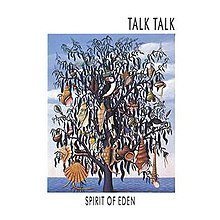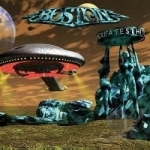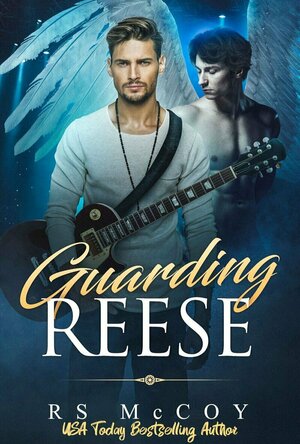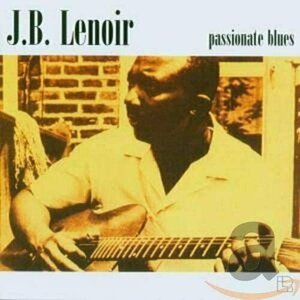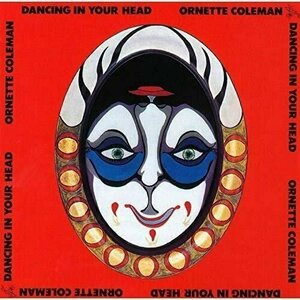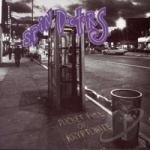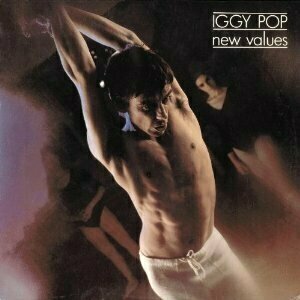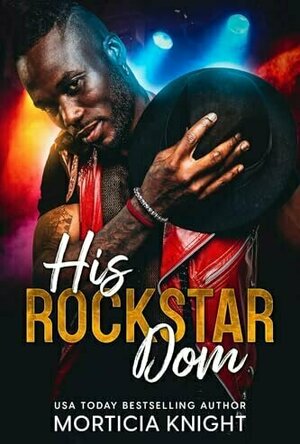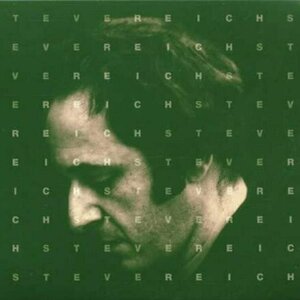Search
Search results
Stuart Braithwaite recommended Richard D. James Album by Aphex Twin in Music (curated)
Rat Scabies recommended Spirit Of Eden by Talk Talk in Music (curated)
Adam Carolla recommended track Peace of Mind by Boston in Greatest Hits by Boston in Music (curated)
Merissa (11805 KP) rated Guarding Reese in Books
Oct 3, 2023
Guarding Reese is a story by R.S. McCoy, in the Wings of the Wicked anthology. In it, we meet Cass, a guardian angel who has had to spend nine years away from his charge. Reese has worked his way through five other guardians, but no one seems to work. Cass is given the chance to work with Reese again, and he follows his heart to the one who has held it since the first moment they met.
This book is a paradox - it is both steamy and sexy, whilst also fading to black. The passion between Reese and Cass is full-on and full of emotion. I was hoping for that ending, but I wasn't sure I would get it. R.S. McCoy managed to keep me on tenterhooks throughout.
This is an excellent story, being well written, and with no editing or grammatical errors that disrupted my reading. The pacing is smooth, and the characters well rounded. I would love to know if this is part of a series, as I would love for Vin and Alexander to have their stories too!
If you like reading about hot and sexy angels or ripped musicians who know what they want, then I can definitely recommend this book.
* A copy of this book was provided to me with no requirements for a review. I voluntarily read this book, and the comments here are my honest opinion. *
Merissa
Archaeolibrarian - I Dig Good Books!
Jan 8, 2019
This book is a paradox - it is both steamy and sexy, whilst also fading to black. The passion between Reese and Cass is full-on and full of emotion. I was hoping for that ending, but I wasn't sure I would get it. R.S. McCoy managed to keep me on tenterhooks throughout.
This is an excellent story, being well written, and with no editing or grammatical errors that disrupted my reading. The pacing is smooth, and the characters well rounded. I would love to know if this is part of a series, as I would love for Vin and Alexander to have their stories too!
If you like reading about hot and sexy angels or ripped musicians who know what they want, then I can definitely recommend this book.
* A copy of this book was provided to me with no requirements for a review. I voluntarily read this book, and the comments here are my honest opinion. *
Merissa
Archaeolibrarian - I Dig Good Books!
Jan 8, 2019
Ian Anderson recommended Alabama Blues/Passionate Blues by JB Lenoir in Music (curated)
Lee Ronaldo recommended Dancing In Your Head by Ornette Coleman in Music (curated)
Ian Anderson recommended Pocket Full of Kryptonite by Spin Doctors in Music (curated)
Gaz Coombes recommended New Values by Iggy Pop in Music (curated)
Merissa (11805 KP) rated His Rockstar Dom in Books
Nov 14, 2023
HIS ROCKSTAR DOM is a standalone novella that tells of a well-established rock band, Glitter Kinks, and the musicians that make it up. Most of them are okay (or more than okay) but Sal is causing them BIG problems. Braylin was hired as a guitar tech. Also plays guitar and is a lifelong fan of the band and the lead singer, Zen.
What I loved about this was the communication! It's there - on every page! A couple of misunderstandings are quickly dealt with by talking it out. Wow, consider that! Zen knows what he wants out of the relationship, and Braylin is completely innocent but prepared to be guided by Zen. Zen listens and is prepared to take things slowly, going at Bray's pace. Oh, man! Be still, my beating heart. It was just perfect. The relationship between them was natural and unforced and I loved every word.
It wasn't just the dynamics of Zen and Bray though, it was between Bray and the whole band, the whole on-tour group. They melded and made it perfect.
I love Morticia Knight's books and this is no different. If I had one complaint, it would be that I didn't want it to end!
Hot - Innocent - Perfect! HIGHLY RECOMMENDED by me.
** same worded review will appear elsewhere **
* A copy of this book was provided to me with no requirements for a review. I voluntarily read this book; the comments here are my honest opinion. *
Merissa
Archaeolibrarian - I Dig Good Books!
Nov 14, 2023
What I loved about this was the communication! It's there - on every page! A couple of misunderstandings are quickly dealt with by talking it out. Wow, consider that! Zen knows what he wants out of the relationship, and Braylin is completely innocent but prepared to be guided by Zen. Zen listens and is prepared to take things slowly, going at Bray's pace. Oh, man! Be still, my beating heart. It was just perfect. The relationship between them was natural and unforced and I loved every word.
It wasn't just the dynamics of Zen and Bray though, it was between Bray and the whole band, the whole on-tour group. They melded and made it perfect.
I love Morticia Knight's books and this is no different. If I had one complaint, it would be that I didn't want it to end!
Hot - Innocent - Perfect! HIGHLY RECOMMENDED by me.
** same worded review will appear elsewhere **
* A copy of this book was provided to me with no requirements for a review. I voluntarily read this book; the comments here are my honest opinion. *
Merissa
Archaeolibrarian - I Dig Good Books!
Nov 14, 2023

